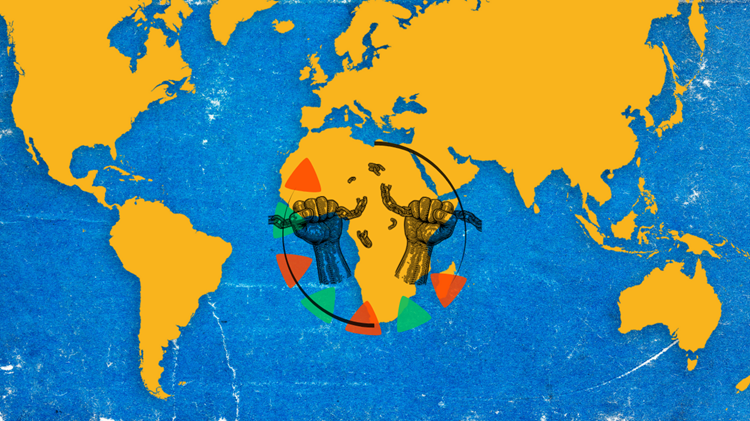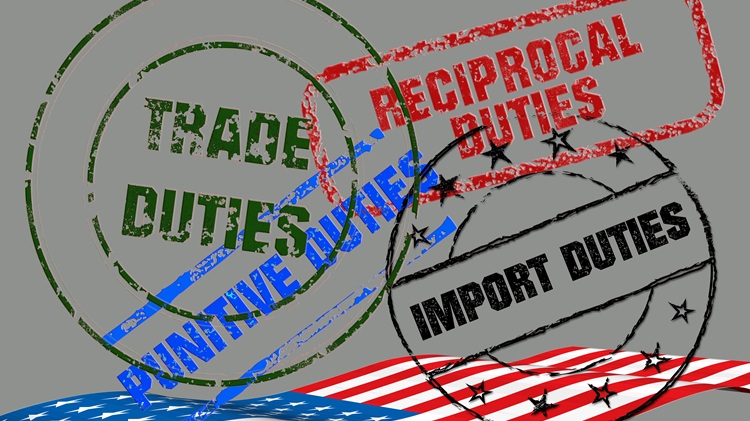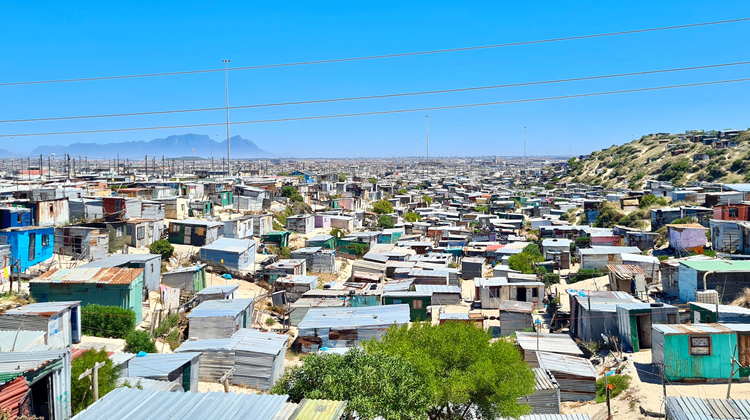An urgent call for a global carbon tax framework to combat the climate crisis

A global carbon tax is essential, but coordinated efforts, including equitable distribution and shared responsibility, are imperative for effective climate governance in the 21st century.
The world is in the grip of a climate crisis driven by a relentless surge in carbon emissions. Despite various frameworks, policies, and mitigation efforts, atmospheric CO2 levels have continued to rise steadily, reaching record highs in 2023. The consequences are dire, with the Copernicus Climate Change Service declaring 2023 as the warmest year on record, surpassing pre-industrial levels by 1.48°C.
Last year, annual CO2 emissions from fossil fuel use peaked at 36.1 billion tons, and the CO2 concentration in the atmosphere reached 424 parts per million (ppm) over Hawaii’s Mauna Loa Observatory. This marks a staggering increase from pre-industrial levels of 280 ppm. This figure must be between 330 and 400 ppm in 2050 to keep the Paris ambition of 1.5°C alive.
The evidence of escalating carbon dioxide emissions highlights the urgent need for accountability, particularly among the world's largest emitters. The Intergovernmental Panel on Climate Change (IPCC) reports that 89% of global carbon dioxide emissions in 2022 stemmed from fossil fuels and industrial processes.
The world’s top 10 emitters – China, the USA, India, Russia, Japan, Indonesia, Iran, Germany, Saudi Arabia and South Korea – collectively contribute 69% of global fossil fuel emissions. Implementing a carbon tax on these major emitters could incentivise emission reductions and promote sustainable practices.
Africa emits less than 5% of global greenhouse gases, yet it suffers severe consequences of climate change. Recognising this disparity is the first step towards an international response to rectify it. The global response must be guided by the principle of common but differentiated responsibilities advocated by the United Nations Framework Convention on Climate Change (UNFCCC).
Africa needs room to pursue its development goals and aspirations. Modelling done by the AFI team puts a carbon budget estimate for Africa at 13% of global carbon emissions from fossil fuels in 2050 and 22% by 2063. At the same time, the continent needs to be supported by those responsible for the crisis. One such avenue is the utilisation of the revenues generated from carbon taxes towards mitigation and adaptation measures projects.
Coordinated global efforts are necessary to curb carbon emissions and mitigate escalating atmospheric CO2 levels. Carbon pricing mechanisms, including carbon taxes and emission trading systems (ETS), provide practical tools to combat the climate crisis.
Applying principles of fairness and efficiency, a global carbon tax framework becomes a cornerstone of effective climate governance
Institutions like the World Bank and the IMF have backed a global carbon tax framework. Last year, African leaders signed the Nairobi Declaration on climate change, underscoring the need for comprehensive multilateral finance reforms. It proposed the establishment of a global carbon taxation regime to provide dedicated finance for investments that support green initiatives.
Yet despite the international support, only 37 carbon tax initiatives have been implemented globally, covering a meagre 5.62% of global greenhouse gas emissions. Of the world’s top 10 emitters, only Japan has adopted a carbon tax. Significant emitters like the USA, Russia, India, Iran, and Saudi Arabia remain cautious, either considering emission trading systems or shying away from carbon pricing and thus not directly paying taxes on emissions. While subnational ETSs exist in a handful of US states, China has adopted the world's most extensive ETS. Concerns abound around the possibility of carbon leakages with this fragmented approach, as carbon-intensive industries have been known to relocate their production to regions with less stringent environmental regulations.
The African Futures team at the ISS has modelled four carbon tax scenarios, each offering valuable insights into potential approaches with varying effects and implementation strategies. The scenarios are as follows:
- Wealthy Pay, in which the responsibility lies solely with wealthy nations, holding them accountable for historical emissions. This scenario reflects the argument that their current development status has been facilitated mainly by past emissions.
- Polluters Pay shifts the burden to the world's top 20 polluters, compelling them to bear the financial burden of carbon taxation.
- Everyone Pays uniformly applies a single carbon price per ton to all countries.
- Differentiated Pay employs a shared responsibility model in which countries are assigned differentiated responsibilities based on income.
These scenarios collectively underscore the potential for significant emission reductions. With this goal in mind, the Differentiated Pay scenario is particularly promising. Leveraging a carbon pricing mechanism ranging from US$25 to US$100 per metric ton of carbon equivalent based on a country's income profile, this scenario promises to reduce global carbon emissions by a noteworthy 15% by 2050 and 25% by 2063.
While a carbon tax is just one of several necessary measures to combat climate change, its implementation on a global scale is paramount. The African continent must present a united front internationally and recognise a shared responsibility in addressing climate change.
Carbon pricing could reduce emissions by 15% by 2050 and 25% by 2063
Establishing a global carbon tax framework offers several benefits in comprehensively addressing climate change. Firstly, it reflects the actual cost of carbon emissions. Secondly, revenue generated from carbon taxes can be reinvested in climate adaptation, mitigation, and sustainable development efforts globally. Developing nations can utilise the revenue generated from carbon taxes to address pressing domestic needs, while contributions from developed nations can be strategically directed towards supporting climate action and sustainable development initiatives in developing countries.
This dual approach ensures that each nation can tailor its response to climate change according to its unique circumstances, fostering domestic progress and international cooperation. Notably, a standardised approach to carbon pricing enhances transparency and predictability, facilitating international cooperation and emissions trading schemes.
Of course, implementing a global carbon tax framework has its challenges. Economic interests, political dynamics, and capacity constraints may impede progress. However, by applying principles of fairness and efficiency, a global carbon tax framework becomes a cornerstone of effective climate governance in the 21st century – but only if Africa plays an active role and the world's top polluters pay their bills.







